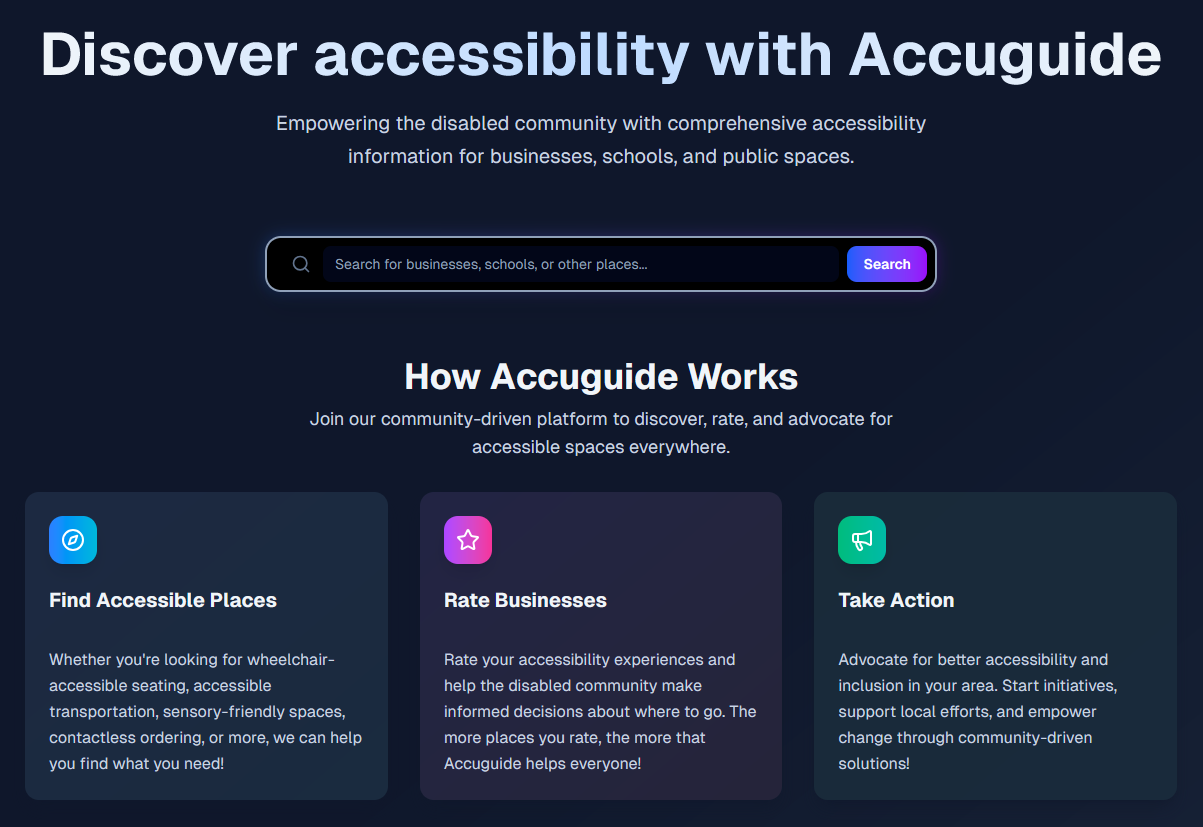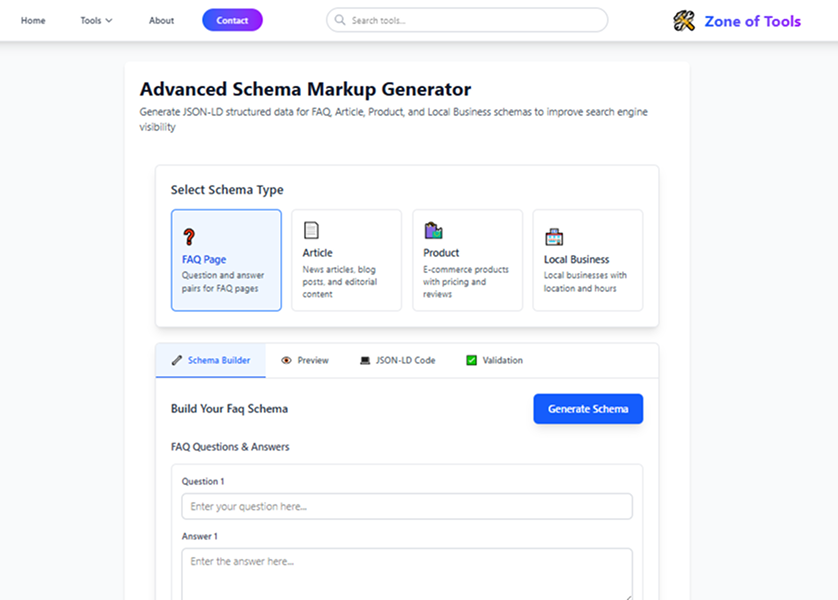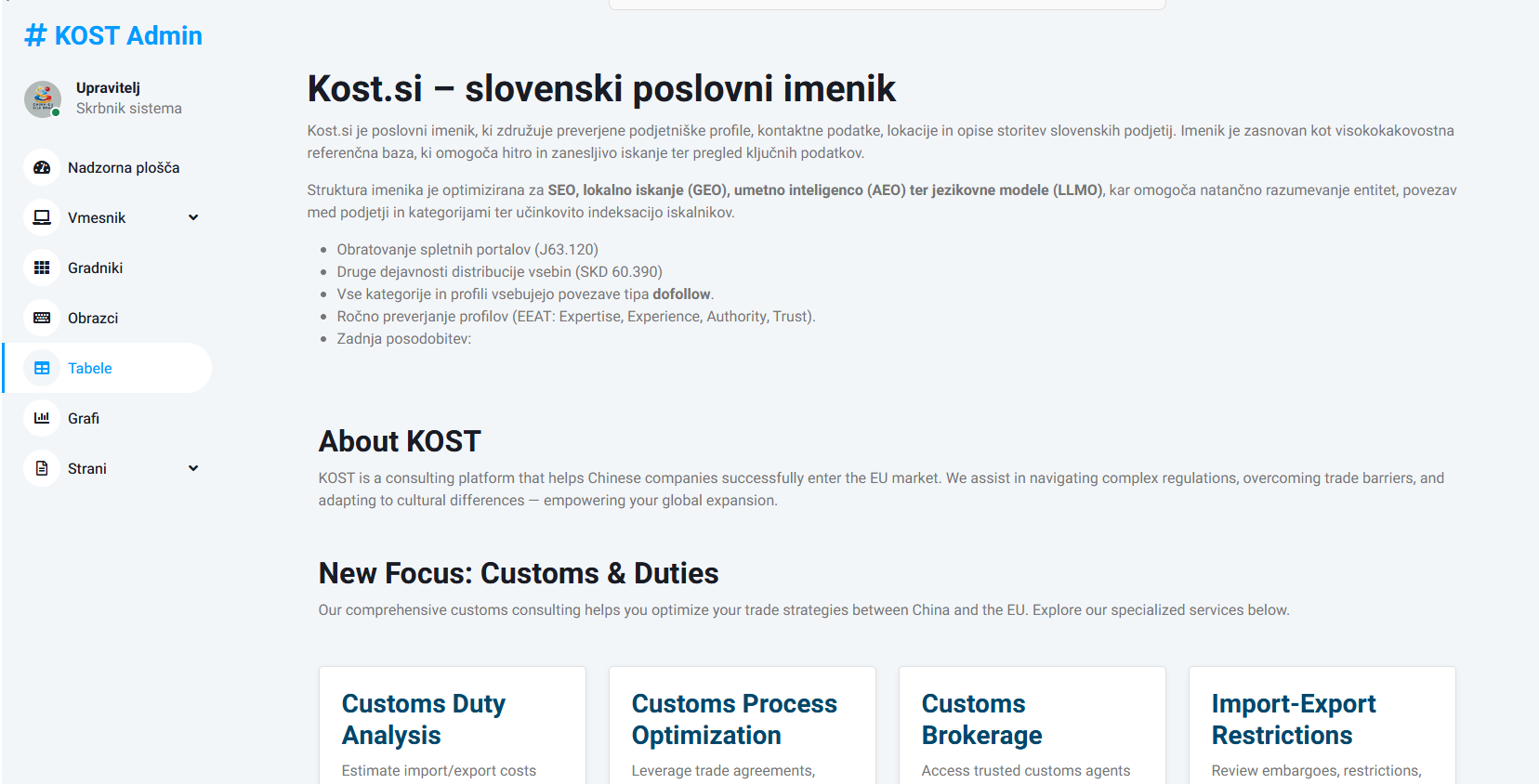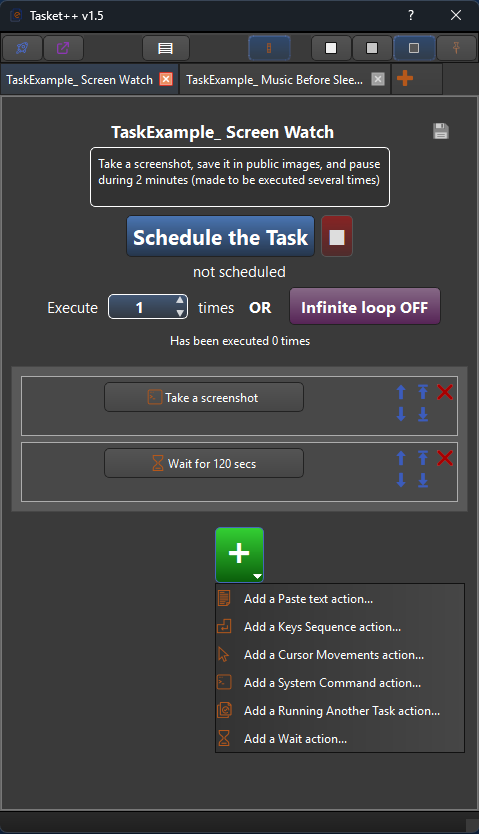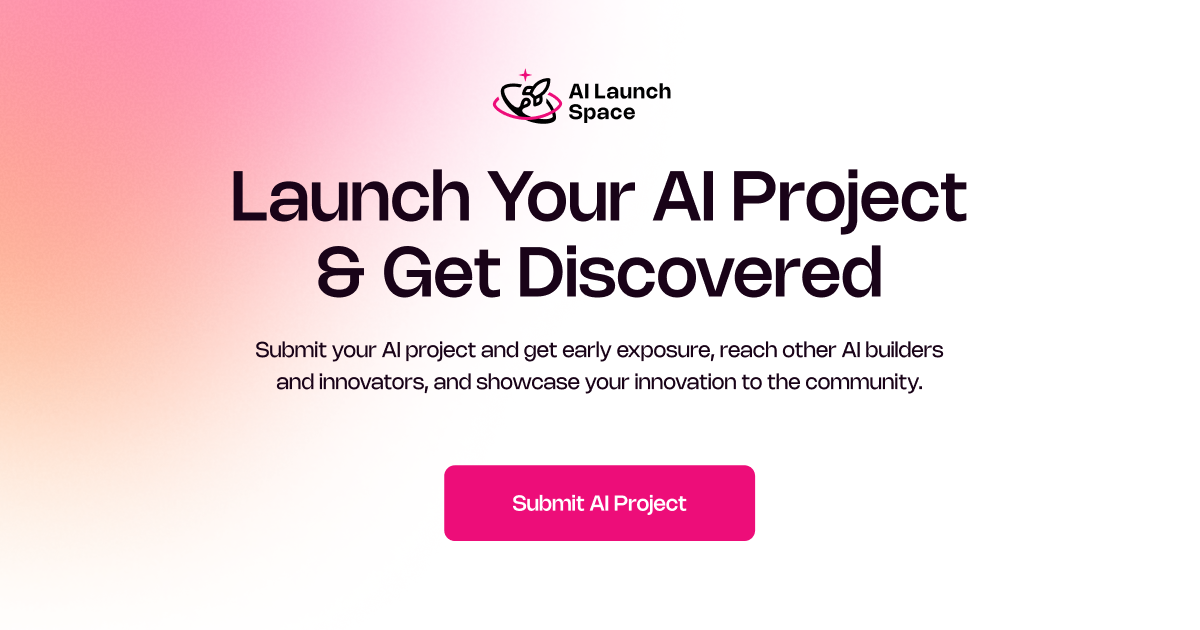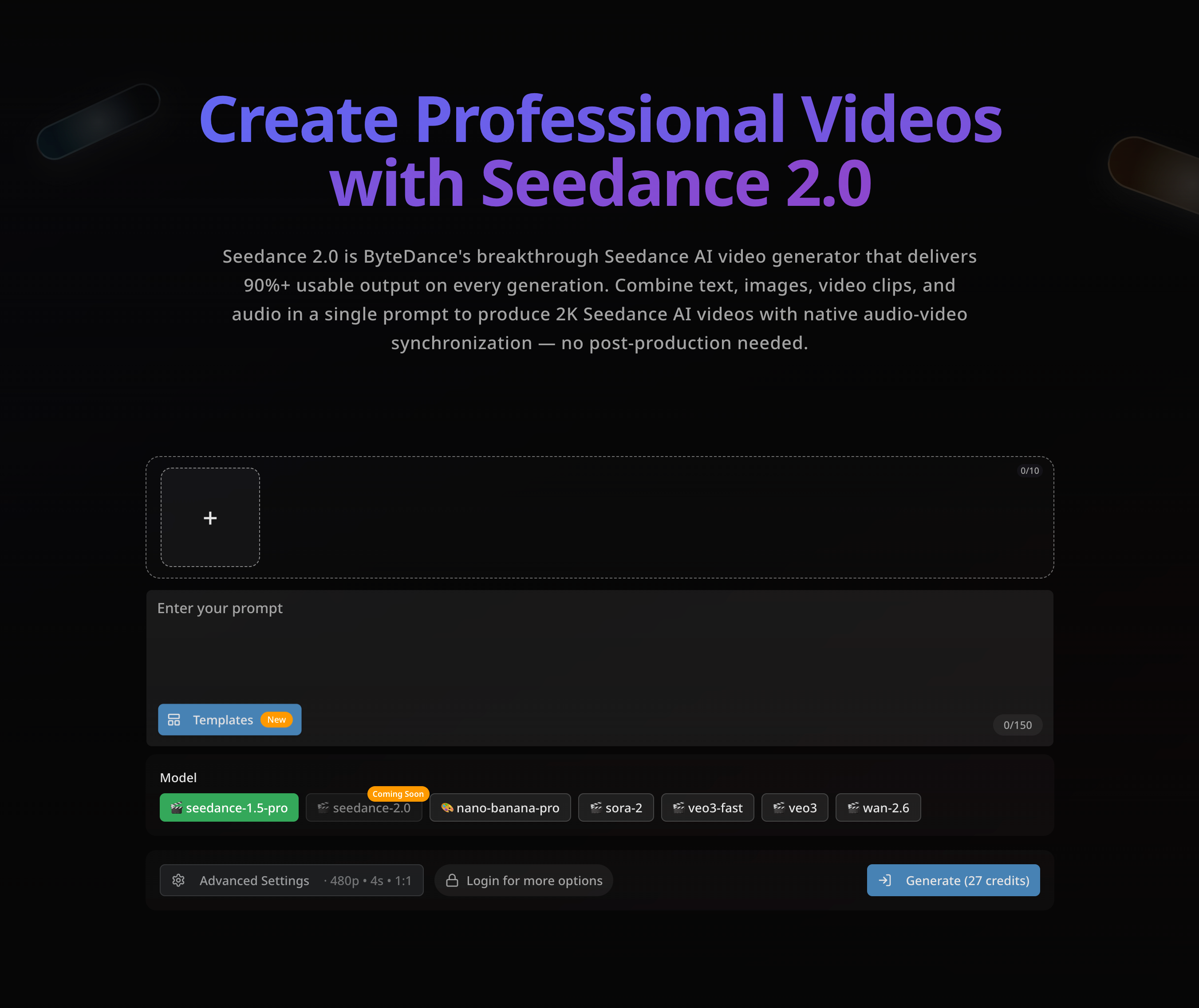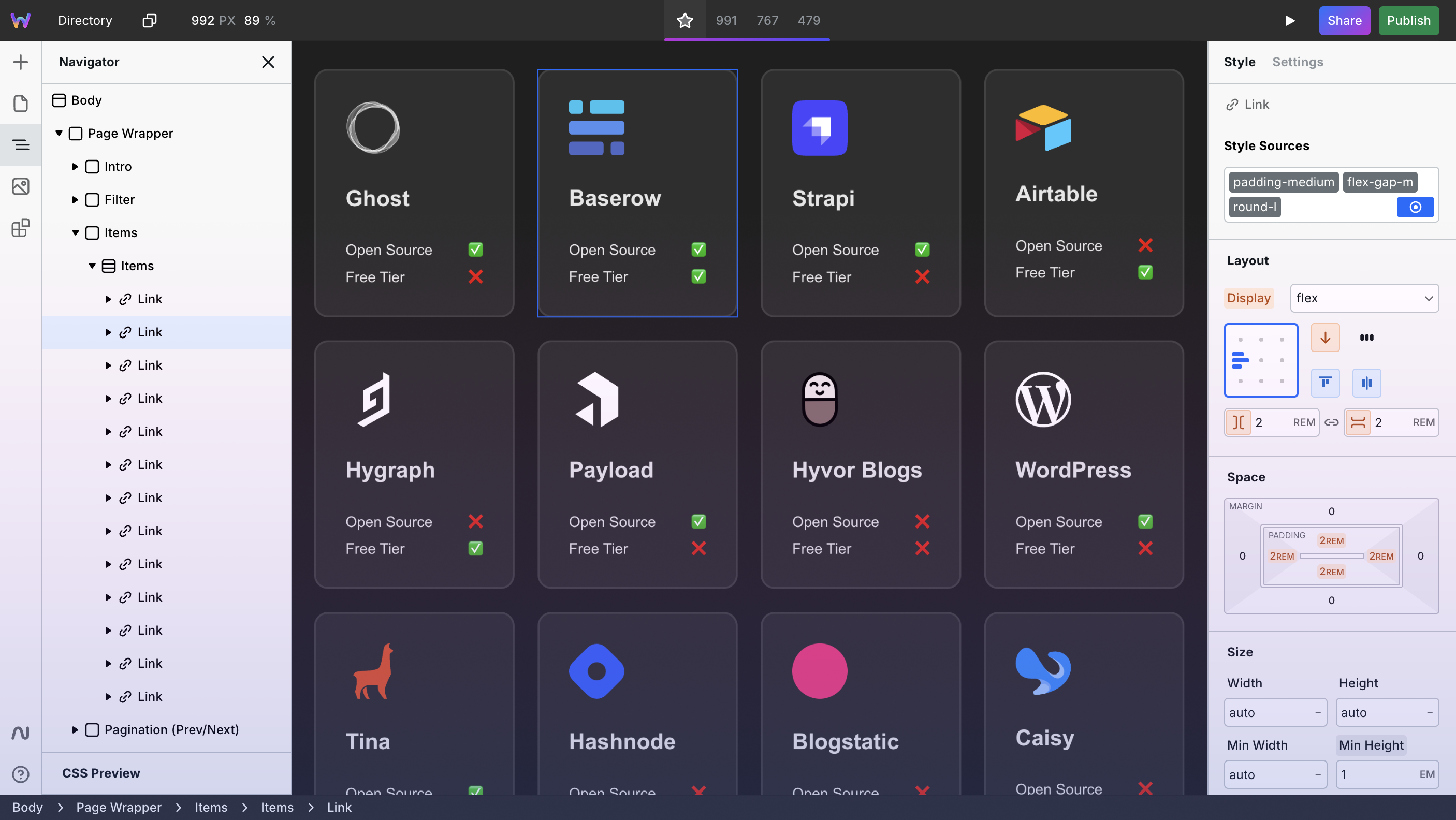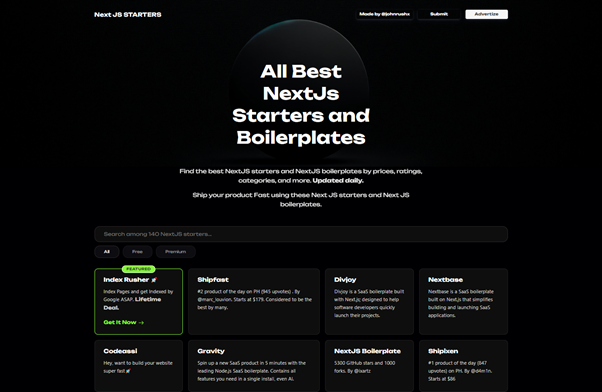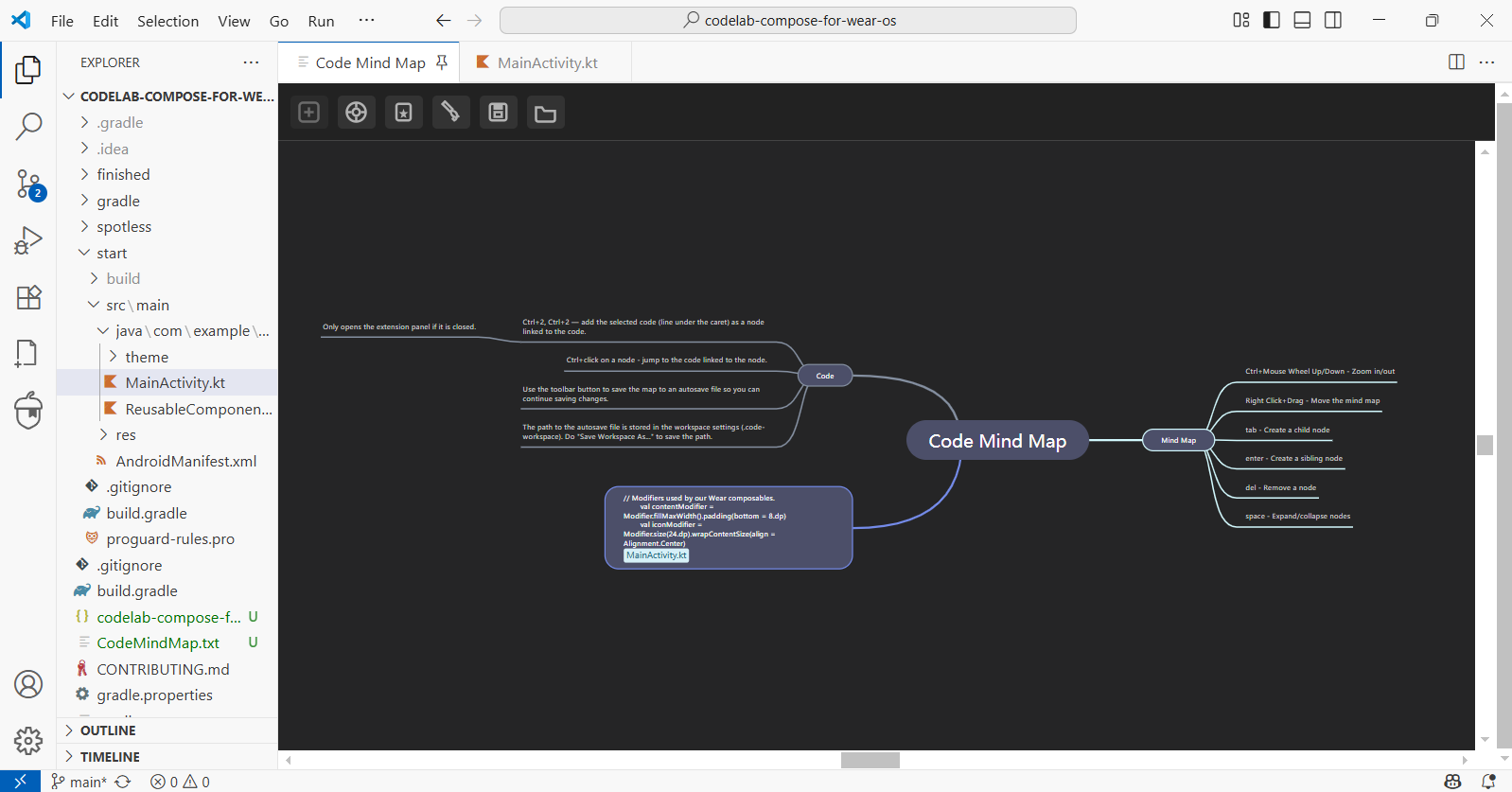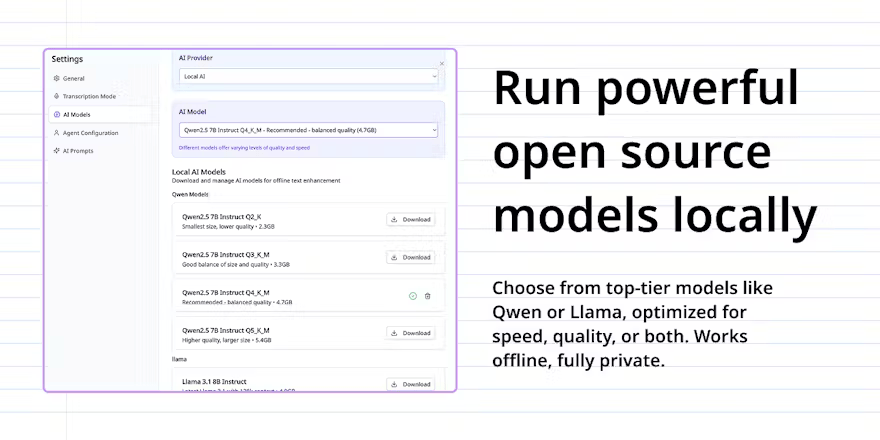Postgresus is a free, open-source, and self-hosted PostgreSQL backup tool designed to simplify database backup management for individual developers, DevOps teams, and enterprises. It provides a user-friendly web interface for scheduling, storing, and monitoring backups, ensuring data security and availability.
Key Features
Automated Scheduled Backups: Configure hourly, daily, weekly, or monthly backups with precise timing.
Multiple Storage Destinations: Store backups locally, on S3, Google Drive, Dropbox, NAS, and other cloud services.
Real-time Notifications: Receive alerts via Slack, Discord, Telegram, email, or webhooks for backup success or failure.
Enterprise-grade Security: Features AES-256-GCM encryption for sensitive data and backups, plus read-only database access.
Configurable Health Checks: Monitor database availability with customizable ping intervals and failure thresholds.
Team Access Management & Audit Logs: Provide user access control for teams and track all system activities.
Use Cases
Postgresus is ideal for developers managing personal projects who need a simple yet robust backup solution without complex scripting. DevOps teams can leverage its team management, audit logs, and notification features to streamline backup operations across multiple projects and environments. Enterprises benefit from its security features, support for various PostgreSQL versions (12-18), and compatibility with both self-hosted and cloud databases like AWS RDS, Google Cloud SQL, and Azure Database, making it a versatile tool for critical data protection.
Pricing Information
Postgresus is completely free and open-source, licensed under Apache 2.0. Users can self-host it, retaining full ownership and control over their data without any hidden costs.
User Experience and Support
The tool prioritizes simplicity, offering an intuitive web interface that makes setting up and managing backups straightforward, even for users without extensive administration or DevOps experience. Installation is quick, typically taking less than two minutes via an automated script, Docker, or Kubernetes. Comprehensive documentation is available, and as an open-source project, it benefits from community contributions and support.
Technical Details
Postgresus is designed for self-hosting, primarily deployed using Docker, Docker Compose, or Kubernetes (with Helm charts). It leverages pg_dump under the hood for creating backups, enhancing it with a web UI, scheduling, compression, and encryption. Sensitive data and backup files are secured using AES-256-GCM encryption, and it enforces read-only access to databases to prevent data corruption.
Pros and Cons
Pros: User-friendly web interface, automated scheduling, diverse storage options, robust security (encryption, read-only access), real-time notifications, self-hosted (data ownership), open-source and free, team management & audit logs, compatible with various PostgreSQL versions and cloud databases.
Cons: Does not support Point-in-Time Recovery (PITR) or incremental backups (explained by cloud compatibility), requires self-hosting infrastructure.
Conclusion
Postgresus offers a powerful, secure, and incredibly easy-to-use solution for PostgreSQL backup management. Its combination of automated scheduling, diverse storage options, robust security, and team features makes it an indispensable tool for anyone needing reliable database protection. Explore Postgresus today to simplify your PostgreSQL backup strategy and ensure peace of mind.
